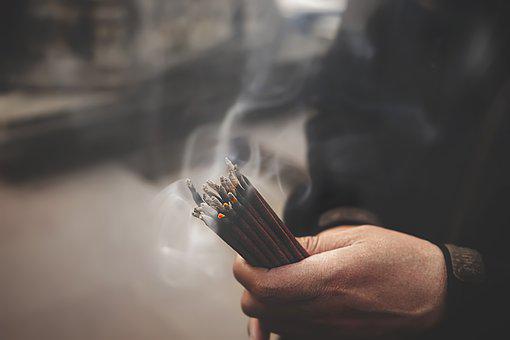In 2015, with a translation by Joan Riambau, one of the works that would give a lot to talk about was published, Submission, by the French writer Michel Houellebecq. Whose first novel, Extension of the battlefield, in 1994, earned him the Flore Prize, being very well received by Spanish critics and in May 1998 he received the National Prize for Letters awarded by the French Ministry of Culture. Obtaining the Goncourt Prize with his The map and the territory.
He has been awarded the Schopenhauer in 2004 and in Spain the Leteo in 2005. With Submission he marked one of those exceptional milestones in which politics and art seem to coincide.
“I do not take sides, I do not defend any regime. I deny any responsibility. I’ve speeded up the story, but I can’t say it’s a provocation, because I don’t say things that I consider false just to make others nervous, ”he came to affirm.
Another of these writers is Emmanuel Carrère, who came to light thanks also to a work that occupied the front pages of successive media outlets. With The Kingdom, preparing its readers with two plots, two times, the author’s own experience embracing faith in a moment of personal crisis along with alcohol abuse and the story of the converted Paul and Luke the Evangelist.
Always encouraged by his editor Jorge Herralde, who has been at the helm since that distant 1969, bringing us closer to that unknown place with A day in the life of an editor. Without being able to forget that great lover of books that he has left us, Roberto Calasso, to whom Herralde himself has dedicated a small tribute with Para Roberto Calasso. Edition by Jorge Herralde, with the participation of Gustavo Guerrero, Basilio Baltasar, Edgardo Dobry, Yashima Reza and Carlo Feltrinelli.
Calasso has been able to combine his wise narrative with the different origins he looked at in his studies published by Anagrama and his rich work as literary director at Adelphi, being one of the writers we have, as he has shown in his long career, and in a last work known in Spain under the title of El ardor, in which he travels between the two faces of the West and the Far East that came to his mind.
Making this and other works something that many would like to imitate.
Through the Vedic corpus, Calasso extracts the chronicle of a palace dispute:
– “I am better than you, because you do not say anything that I do not understand.
–I am better than you, because I make it understood what you know”.
A few words that can indicate both Houellebecq and Carrère. Who does not stay there along with his many works, scripts or documentaries in times of a certain existential crisis, in addition to having received the Princess of Asturias Award for Letters in 2021 published his particular Yoga, where he deals with experience and spirituality , without forgetting its It is convenient to have a place to go, a title that says it all.
About Houellebecq he wrote: “If there is someone today, in world literature, who reflects on the enormous mutation that we all feel is underway without us having the means to analyze it, it is Houellebecq.”
We find ourselves before authors and directors as others have done by publishing Letters between Jack Kerouac and Allen Ginsberg that even brought their lives full of a certain glamor to the screens of the big cinemas where one era ended and another began. Or some works by Oliver Sacks that sounded the same to us until we studied and read In Motion. Even a very young Howl, for which the years do not seem to pass since its author must have believed in reincarnation and a trial that has served to further increase the popularity of its author and his group, turning them into great literary figures, something which began in 1955 where several poets like Gary Snyder, among others, did a quick reading of verses.
It has been said that a biography does not sell, that has not been a reason for an essayist and professor of literature at the University of Barcelona, Jordi García, author of profiles on Miguel de Cervantes and José Ortega y Gasset, to publish Javier Pradera or the power of the left, every line of words through a character interspersed with their historical context.
This question has made us read the previous ones. And again we leave you with Houellebecq and his new Annihilation: “I have good news for you, said the doctor, then she fell silent, as if she had totally forgotten the rest of the sentence”.
An author, like the journalist Tomás Alcoverro wrote at the time, whose works teach us to think. Find in it that door that we think will never open but despite being provocative or apocalyptic like its author, we are sure that it will not disappoint not only it but also that literary walk that opens in France, Milan and Spain.

